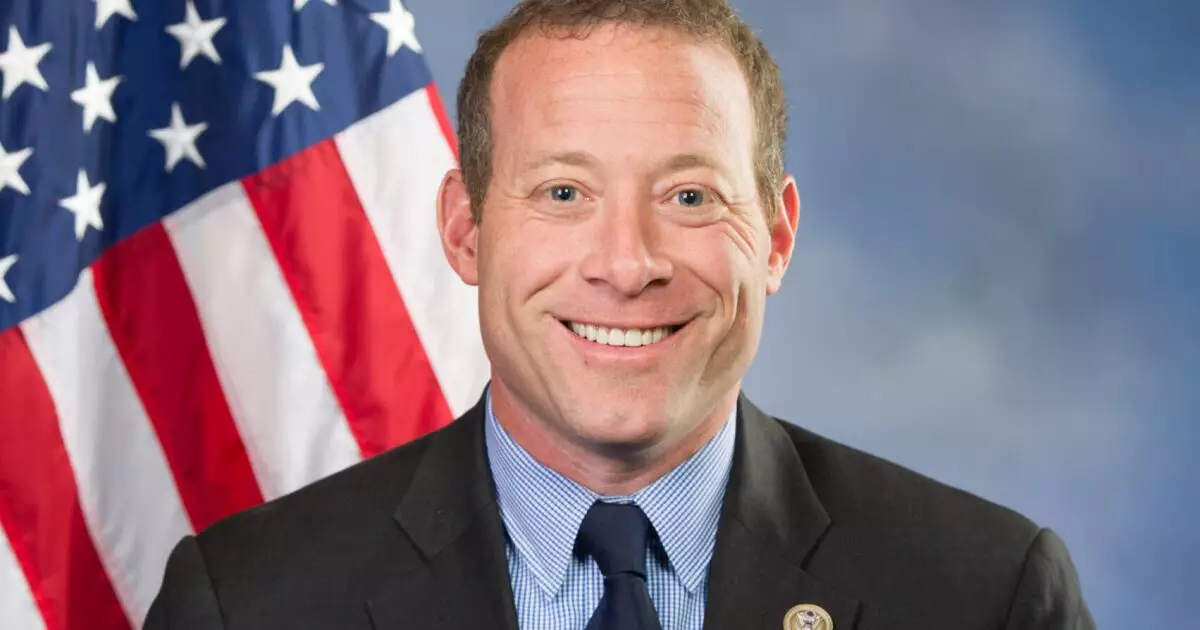The recent clash over environmental, social, and governance (ESG) investment policies among Congressional Republicans has sparked heated debates and discussions in the political arena. Last week, the House Republican ESG Working Group released a comprehensive 37-page report titled “The Failure of ESG: An Examination of Environmental, Social and Governance Factors in the American Boardroom and Needed Reforms.” This move signifies a significant escalation in the ongoing partisan battle over ESG investment practices.
The issue took a new turn when the U.S. Treasury Department entered the fray, raising concerns about the potential national security implications of certain state anti-ESG laws. The Treasury’s warning highlighted the possibility that these laws could undermine crucial national security authorities that the department administers. This development added a new layer of complexity to the already contentious debate surrounding ESG policies in the investment landscape.
State legislatures have become the battleground for a broader culture war surrounding “woke” ESG investment practices. Republican-led states have taken proactive measures by enacting a series of anti-ESG laws aimed at curbing investments that consider ESG factors. These laws range from banning certain underwriters from state and local bond issues to prohibiting investments that take ESG criteria into account. The partisan divide on this issue has deepened, with states becoming the primary focus of the ongoing debate over ESG investment practices.
Capitol Hill’s Role
The battle over ESG investment policies has also spilled over to Capitol Hill, where the House Financial Services Committee established the Republican ESG Working Group in 2023. Both chambers of Congress have conducted numerous hearings on the topic, underscoring the significance of ESG issues in the political landscape. The involvement of Congressional committees and lawmakers from both parties further underscores the polarizing nature of the debate over ESG investment practices.
In response to inquiries from lawmakers expressing concerns about state anti-ESG laws, the Treasury Department emphasized the potential negative impact of these laws on financial institutions’ compliance with national security mandates. The Department’s Under Secretary for Terrorism and Financial Intelligence acknowledged the valid concerns raised by lawmakers and underscored the importance of safeguarding the financial system against security threats. This response from the Treasury Department added a new dimension to the debate, highlighting the intersection of ESG policies with national security considerations.
Industry stakeholders, such as the firearm industry trade association, have weighed in on the debate, expressing concerns about the potential implications of anti-ESG laws on their operations. The industry association emphasized the importance of financial institutions remaining impartial and not being influenced by external agendas that may hinder their ability to provide essential financial services. The viewpoints of industry stakeholders reflect the broader concerns surrounding the impact of ESG policies on various sectors of the economy.
The clash among Congressional Republicans over ESG investment policies has raised important questions about the intersection of financial regulations, national security interests, and industry practices. The evolving nature of this debate underscores the need for a nuanced and comprehensive approach to addressing the complex issues surrounding ESG investments in the current political landscape. The ongoing discussions and actions taken by lawmakers and industry stakeholders will shape the future trajectory of ESG policies and their impact on the broader economy.

